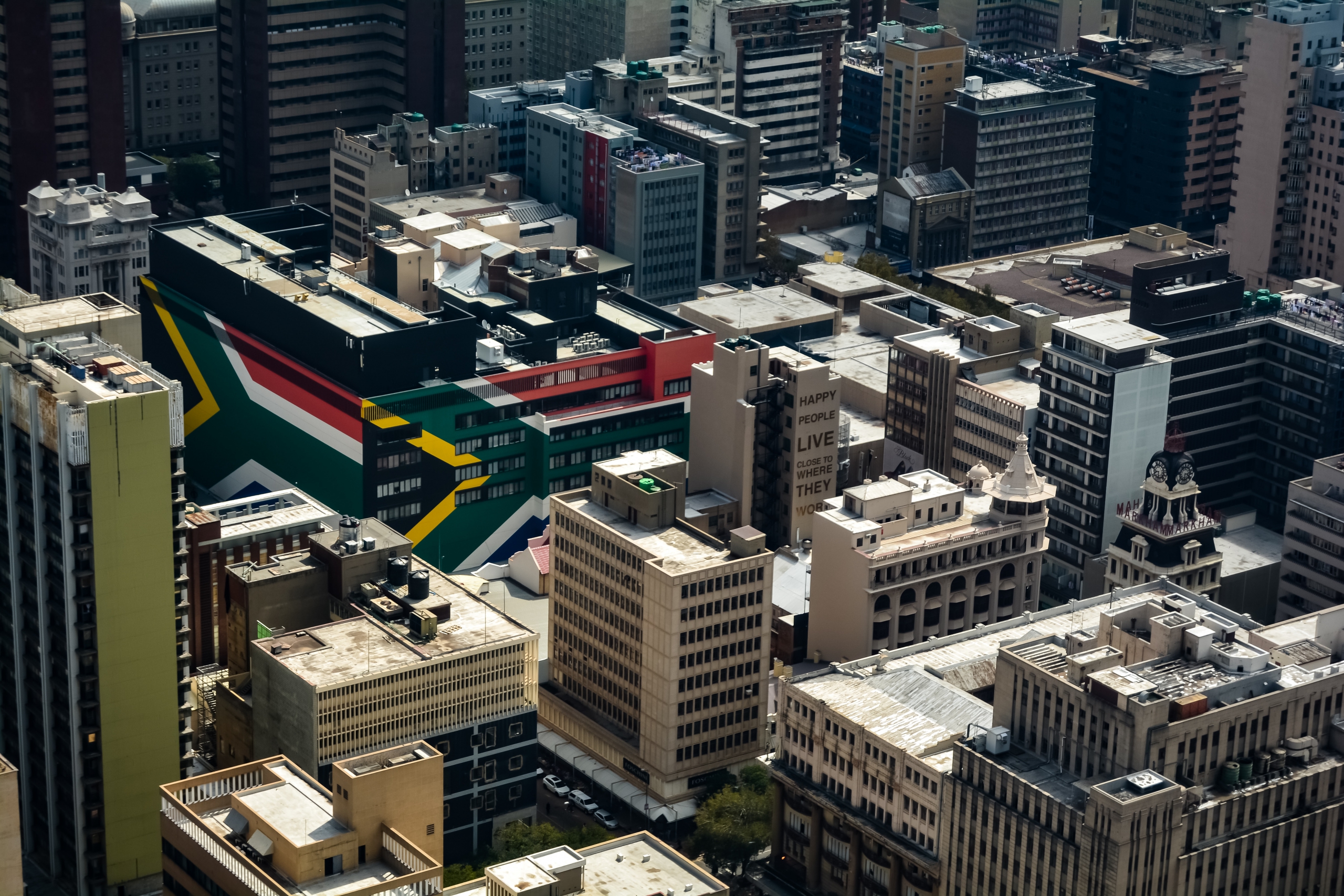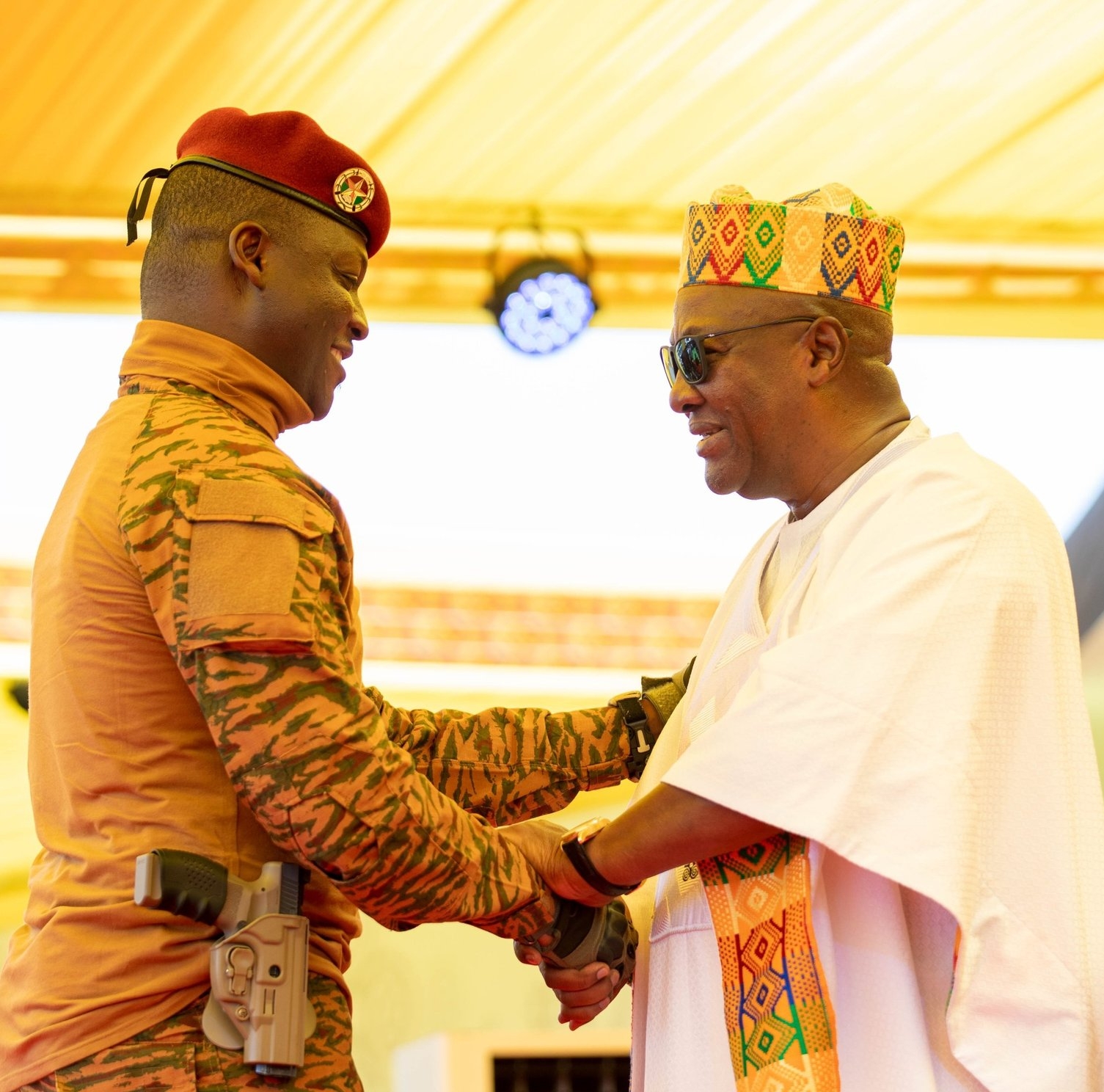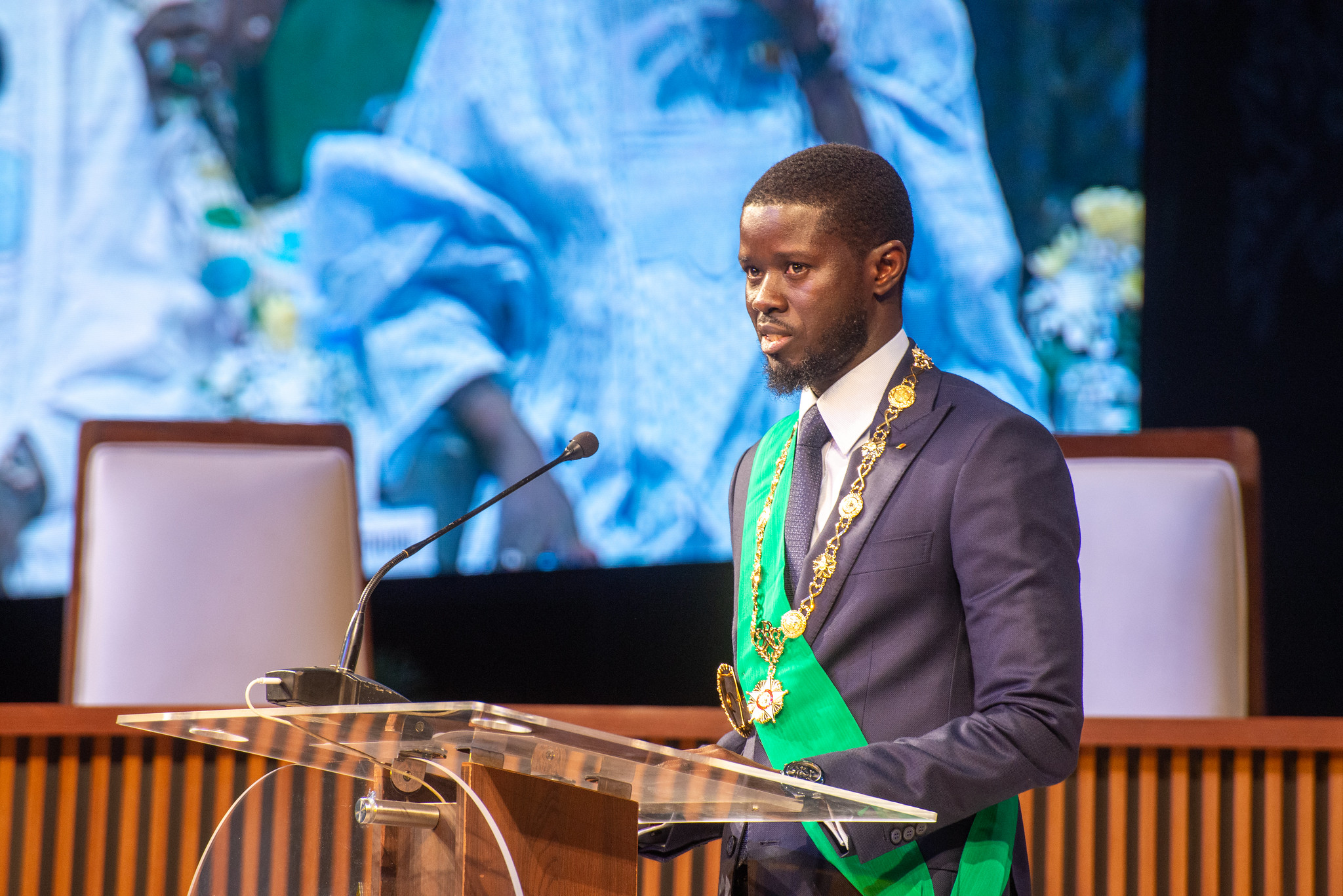South Africa’s 2016 Local Government and Municipal elections to be held on the 3rd of August will see intense competition in the metropolitan areas of Johannesburg, Tshwane (includes the capital city Pretoria) and Nelson Mandela Bay. The three metros are currently in the grip of the ANC. However, the ruling party’s political dominance is threatened by a number of issues plaguing it including factional battles, a public image stained by corruption scandals, and failures of governance and service delivery. In the credible event that the ANC loses control of some (or all) of these key constituencies, the outcome of the municipal elections will resonate far beyond local political control, raising serious questions about the direction and leadership of the party.
The Economic Freedom Fighters (EFF) and the Democratic Alliance (DA) are the two parties poised to benefit most from the ANC’s travails. Both parties are seeking to go head-to-head with the ANC in a majority of the wards with the DA campaigning in 100% and the EFF campaigning in over 90%. The ANC’s loss in the metro could begin a new era of coalition politics in South Africa. Recent opinion polls provided by IPSOS and eNCA (see below) have suggested the ANC could lose its majority across all three cities with the DA gaining the most votes. However, the results from the opinion polls would suggest that there will also be a need for coalitions to form government in any of the major cities as there will be no outright winner. It will therefore likely be left to the ANC and DA to form alliances with smaller parties in order to form such a ruling coalition. The ANC may still retain power if it is able to convince smaller opposition parties to join it in governing one of these metros but its position has clearly weakened.
There needs to be caution with the results of these opinion polls. A limited number of respondents across all three cities have been polled via their mobile phones. A total of 2,500 people have been part of these polls, which are updated on a weekly basis. The responses therefore provide only an indication of anticipated voting trends with a number of variables including turnout and campaigning also likely to influence final outcomes.
2019 dress rehearsal
The importance of these elections is that they are a dress rehearsal for the 2019 National and Provincial elections. Should an opposition party – or a coalition of opposition parties – remove the ANC in one or more of these three former strongholds, this landmark defeat would shatter the image of the ruling party’s invulnerability. While the ANC will retain its position as ruling party nationally, this status will face rising threats ahead of the 2019 National and Provincial Elections. Such a development could have a snowball effect, inspiring more voters to register their political dissatisfaction or seek to engineer change at the ballot, potentially resulting in further erosion in ANC support at national and provincial government levels, reducing the party’s parliamentary majority. Although still a remote prospect for now, this will make the possibility of the ANC ultimately losing power more likely.
Beyond the Western Cape which is governed by the DA, the ANC has dominated all other regions of the country since the end of Apartheid. Its electoral share in the provinces it governs has consistently remained above 60%, except for in Gauteng province which saw a drastic decline to 52% in 2014. This result disconcerted other provincial ANC cadres, who have gone to great lengths since to distinguish themselves from the damaged national image of the party.
In the lead-up to next month’s municipal elections, it is telling that two of the three municipalities the ANC could lose are in Gauteng. On a range of high-profile issues such as the scandal over spending on the presidential Nkandla residence and the introduction of e-tolls in the province, the Gauteng ANC has taken stances at odds with the party’s national leadership. This saw provincial leaders in Gauteng call for President Jacob Zuma to pay for Nkandla as suggested by the Public Protector, while also instituting a public consultation platform to discuss the Gauteng Freeway e-tolls. These unprecedented steps signal rising nerves in the ANC’s provincial administration over declining support for the party.
There have been some successes in recovering the party’s tarnished image. The Johannesburg metro in particular has done a lot of work to revive public perceptions, pronouncing major investments in infrastructure and initiatives to boost the township economy so as to increase employment, especially amongst the youth who are flocking to the city. Led by Johannesburg Mayor, Parks Tau, who has presided over the city since 2011, Johannesburg has been working hard to live up to its motto of being ‘a world class African City’.
Nevertheless, while Tau’s work in the country’s main commercial hub may ultimately help the ANC retain Johannesburg metro, which has the closest margin of competition in the aforementioned polls, the cities of Tshwane and Nelson Mandela Bay appear to be in an even more precarious situation. This has forced the ANC to launch some last-ditch initiatives in recent weeks. In Nelson Mandela Bay, the ANC deployed Danny Jordaan as a campaigner. Jordaan has built a strong reputation in South African football having led the Local Organising Committee for the 2010 Fifa Football World Cup. The ANC appears to be hoping his reputation and executive leadership experience could help them retain the metro. However, the revelations about unnamed South African officials having paid bribes for the World Cup may hurt Jordaan’s ability in the Nelson Mandela Bay metro. Meanwhile, the DA has been doing a lot of ground work for a number of years in the Eastern cape, and particularly Nelson Mandela Bay. It has persuaded a few ANC stalwarts in the region to join hoping that this could sway the vote in its direction. The IPSOS/eNCA opinion poll also shows a very large majority for the party in Nelson Mandela Bay as compared to the other two cities.
Finally, in Tshwane the ANC’s deployment of Thoko Didiza as mayoral candidate scuppered the ambitions of factions seeking to return incumbent Mayor Kgosientso Ramokgopa and others wanting to replace him with his deputy Mapiti Matsena. Inserting Didiza in the midst of this factional fight was like kicking a hornet’s nest. It resulted in violent eruptions in the capital city in June 2016 which have prompted concerns over the reaction of ANC members should it ever lose elections in the future. The violent eruptions over Didiza’s appointment are mostly a result of ANC members worried that her appointment would destroy the system of patronage which worked under Ramokgopa and Matsena. While based in the region politically, Didiza is an outsider and her allegiance is not dependent on the strong relationships that placed Ramokgopa and Matsena in their positions.
If the ANC loses any of these three metros it will set in motion a minor revolution in South African politics. The potential loss of the economic capital, Johannesburg and the administrative capital Tshwane provides the most glaring issue for the ruling party. The two cities are cultural melting pots whose communities have roots across the country. Politically and economically, changes in these two urban centres will reverberate across South Africa. In Nelson Mandela Bay, a loss would see a major advance for the opposition in the ANC’s traditional home of the Eastern Cape which would also have a very psychological impact as well across the country. The ANC may ultimately be saved by the inability of opposition parties to form ruling coalitions after these elections. The ruling party is likely to mobilise its significant apparatus to try and co-opt these smaller parties and may prove a more effective manoeuvre in this regard. Nevertheless, the fact that the party has been pushed to the wall on this issue is an indication of the tough road ahead in the lead-up to 2019.
Sinethemba Zonke is a political risk analyst with a detailed knowledge of the political environment in Southern Africa. He has advised multinational companies on political, stakeholder engagement and communications projects in Southern African and authored several Africa Practice publications on political, commercial and social dynamics in the Southern African region.
Proud to be BCorp. We are part of the global movement for an inclusive, equitable, and regenerative economic system. Learn more




